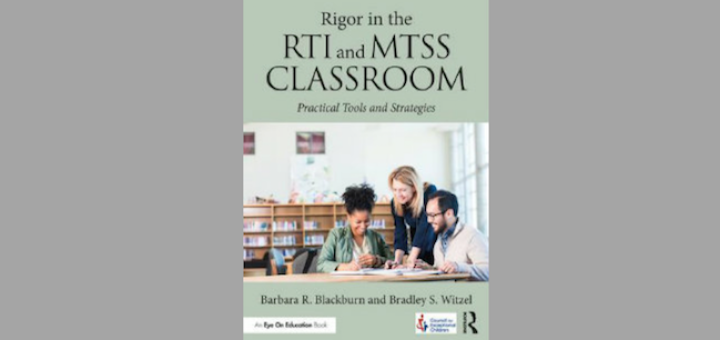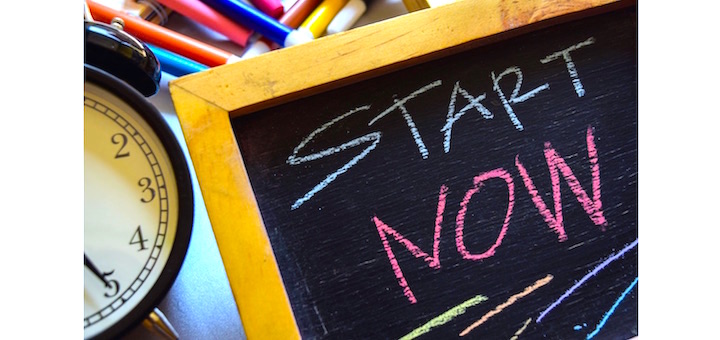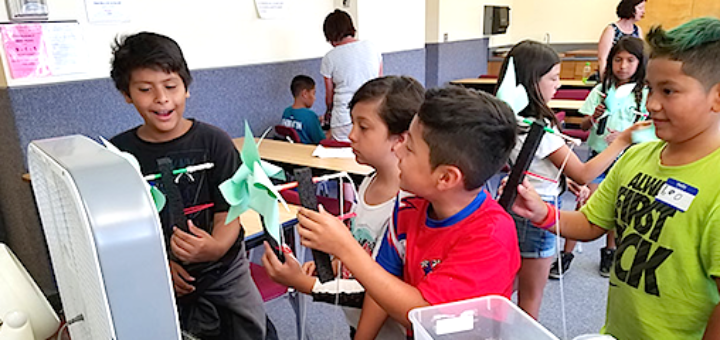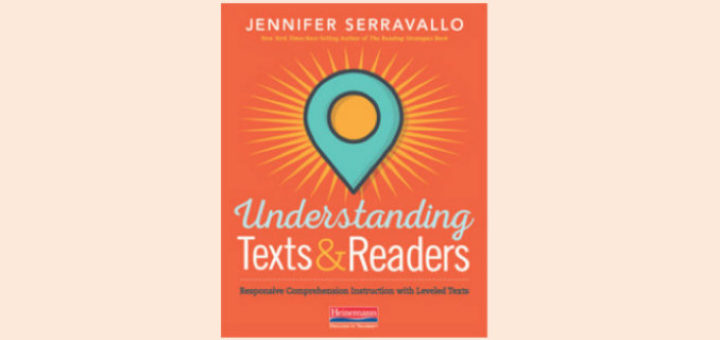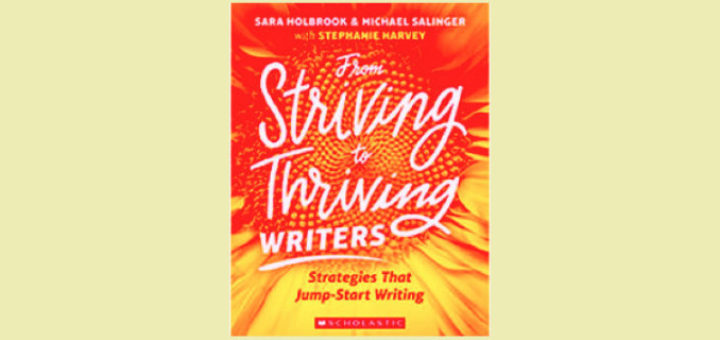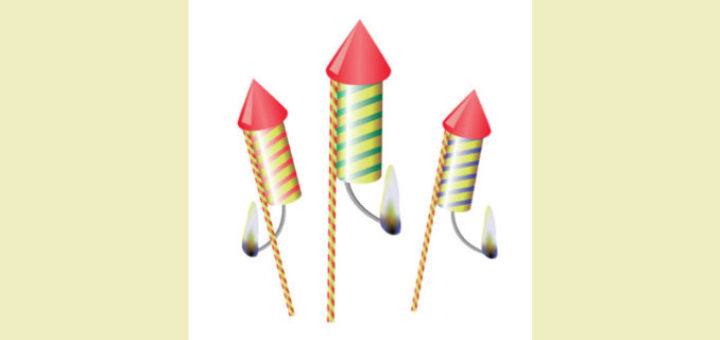Teaching and learning in grades 4-8
To help students with special needs succeed, Blackburn and Witzel explain how rigor, RTI and MTSS can go hand in hand. The authors detail how RTI’s tiered interventions work with MTSS’s focus on core instruction for all students, writes doctoral student Bryndle Bottoms.
For Mary Tarashuk looking ahead toward her 4th graders’ learning in the new semester requires taking a glance back, in an attempt to assess their progress so far and set worthy goals for the journey to come. Holiday cards from Emma, Lila and Mooish show her the way.
Ask teachers for some Do Now synonyms and they’ll come up with terms like Warm-up, Quick Review, and First Steps. Teaching coach Sarah Tantillo’s favorite is Brain Defibrillator. When done right and used routinely, she says, Do Nows establish a norm of urgency in your class.
How do teachers recharge regularly? Rather than mediation and exercise, Rita Platt finds what works for her is getting a daily dose of “gut-busting laughter.” And guess what? Laughing as self-care is a scientifically proven strategy! She offers laugh inducing resources.
Facilitating science-based research around real world problems empowers students through the skills they acquire and the subject knowledge they gain, says teacher Angela Duke. And what better topic than climate change? “The environment of the future will be theirs to live in.”
Jennifer Serravallo’s new book will help teachers become more cognizant of their students’ literacy needs and better prepared to meet those needs effectively. Reviewer and preservice coach Linda Biondi praises Serravallo’s student-centered approach to book leveling.
Students can become thriving writers using the 27 frameworks included in this book. The lessons provide learning about language, learning through language, and using language to learn about self. Literacy coach Pam Hamilton highly recommends the “so, so practical” book.
During classroom discussion, paired Think Times provide a break in the action that helps teachers use student responses to shape effective feedback to learners, says expert Jackie Walsh – provided we “explicitly instruct our students in the what, why, and how of these time-outs.”
As the new year (and 2nd semester) unfolds, coach Elizabeth Stein suggests forgoing resolutions in favor of a set of reflective questions than can strengthen your co-teaching effectiveness. Stein uses the story of teacher “Joan” to illustrate and suggest some solutions.
Few things are more frustrating for students (and their teachers) than having a concept or skill that has already been learned ‘leak’ out the brain and disappear. Curtis Chandler explains how those leaks happen and what teachers can do to counter them. Suggested apps and tools included!

